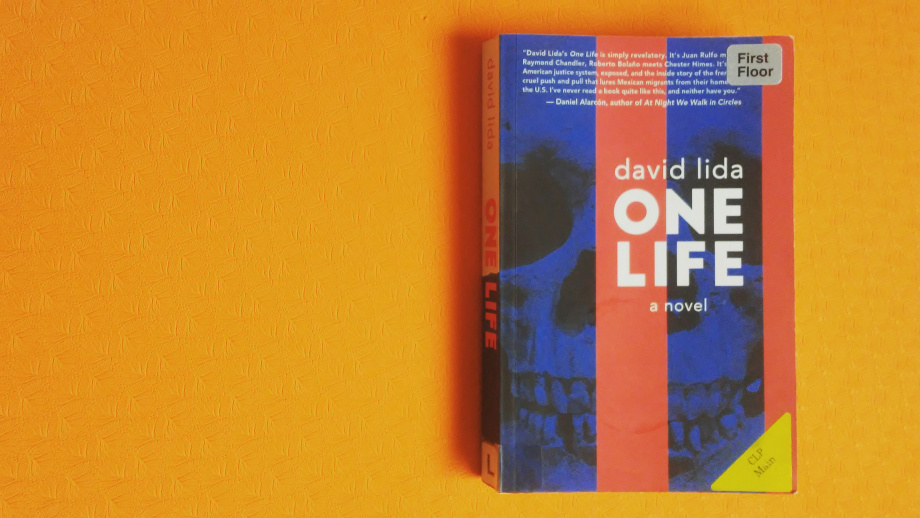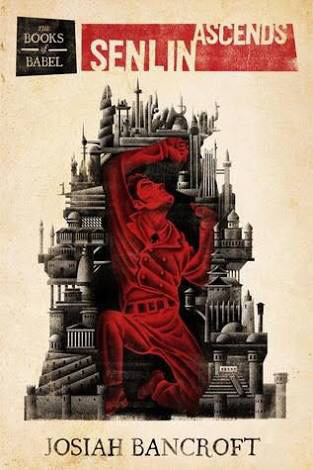I once knew a man named Jesús (Spanish, pronounced Hé-sus). Jesús pushed his cart around the building all day, cleaning toilets, wiping floors, dusting tables. He didn’t know much English and I didn’t know any Spanish. He taught me three phrases:
Buenos dias! Good morning!
Buenos tardes! Good afternoon!
Buenos noches! Good night!
We would wave and smile and greet each other thrice a day.
Once he gave me churros. Another time tortillas his wife made. I know I gave him the food of my people in return, but I cannot remember what. We always said Thanks and Gracias.
Jesús is the only Mexican I have known, a man who wore often a t-shirt that said Guadalajara, pointed to it and told me “Home.” What I had in common with him was Brown skin, and a fondness for plantain chips.
David Lida’s novel One Life forces us to look into the lives people we frequently dismiss as Others, or talk of only in stereotypes. Cleaning Lady Mexican. Pregnant Teenager Mexican. Poor Mexican. Just another person hard on luck.
One Life is narrated by Richard, a mitigation specialist and somewhat successful writer, who investigates people that the state has decided serve the death penalty. Richard is dead though. He talks to us from beyond, which is a technique I have not encountered before. Of course, that speaks more about my own ignorance.
Esperanza Morales is convicted of killing her own baby. It was not very difficult to accuse her of this crime, she admits to it. Richard is at first irreverent, he thinks he could get her off the death penalty if he manages to unearth stories of past trauma – abusive father? poverty and starvation? Surely his interviews with family members in Mexico will throw up something tragic. She is one among the many who lived through hell to cross the border into United States. But she is invisible and miserable in the promised land, treated as less than human. Nothing is truly better, except prison maybe. The outside world doesn’t hold much charm for her.
Richard is fascinated by Mexico – he likes the women, the food, the music, the stories. He is a compassionate protagonist who shows us both sides – the events that shape people, the decisions they make in difficult circumstances, who they end up becoming, and how someone of privilege possibly sees them. We also learn about the way countries treat outsiders, the loss of dignity that comes with desperation, and how unjust justice systems could be.
It appears that there is much of the author in Richard, who is also a mitigation specialist working for lawyers in the US. For a subject so morbid, he suffuses the pages with emotion. It drained me, but also left me feeling unexpectedly hopeful – in some small part because of the sliver of peace Esperanza wrests for herself at the end.







